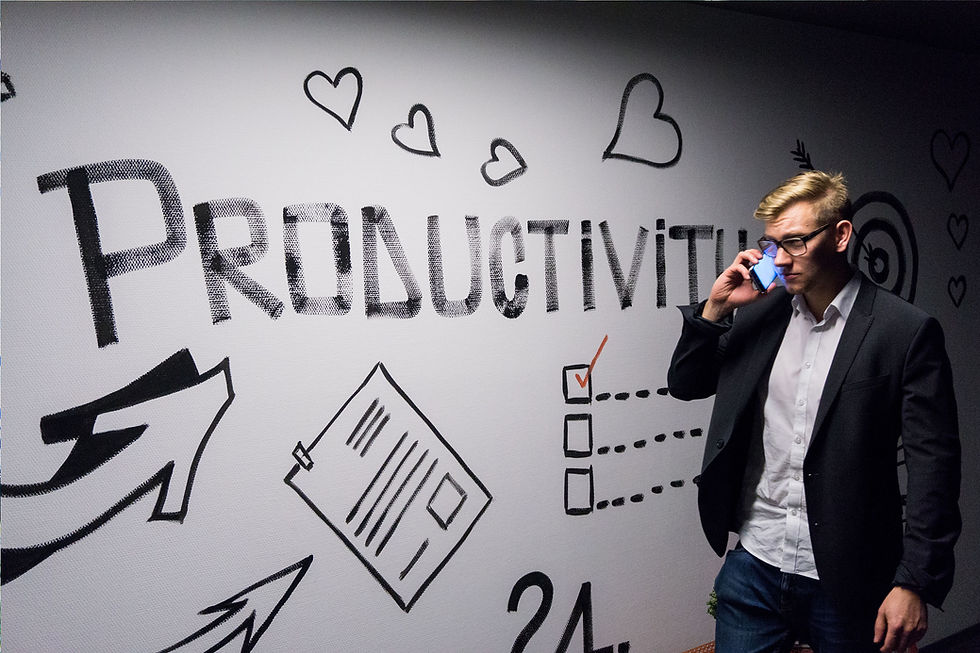LEADERSHIP: How to Fix the "Hero to Zero" Culture
- Madelyn Hamilton

- Apr 17, 2024
- 2 min read
Updated: Aug 5, 2024

In many organizations, new hires are often seen as the silver bullet that solves all problems. However, the honeymoon phase quickly fades, and these once-celebrated new team members are under immense pressure to perform without adequate support. This "hero to zero" dynamic not only dampens morale but also stifles growth and innovation within the company. Here's a straightforward guide to help you recognize, address, and fix this problematic culture.
Step 1: Set Clear and Achievable Expectations
The root of the "hero to zero" issue often lies in the unrealistic expectations placed on new hires. Managers must set clear, achievable goals considering the individual’s adjustment period. This means acknowledging that even the most skilled professionals require time to learn the ropes and understand the nuances of a new environment.
To implement this:
During Onboarding: Clearly outline what success looks like in the first 90 days, six months, and beyond. This timeline should include learning objectives, performance goals, and points for review.
Regular Check-ins: Schedule regular meetings to discuss progress and challenges and adjust expectations based on real-time feedback from the new hire.
Step 2: Provide Continuous Support and Development
Transitioning from the initial welcome to sustained support is crucial. Continuous development opportunities not only aid in closing any skill gaps but also signal the new employee that the organization is invested in their long-term success.
To facilitate this:
Mentorship Programs: Pair new hires with experienced mentors who can provide guidance, support, and insight into the company’s culture and expectations.
Ongoing Training: Offer regular training sessions aligned with the employee's role and future responsibilities within the company. These could be workshops, seminars, or even access to online courses.
Step 3: Foster a Culture of Openness and Learning
Finally, to truly eradicate the "hero to zero" mentality, organizations must cultivate a culture where mistakes are viewed as learning opportunities rather than failures. This shift can significantly reduce the fear and stress that employees might feel and encourage innovation and risk-taking.
To encourage this:
Encourage Feedback: Create an environment where feedback flows freely in all directions. This should include praise for achievements and constructive feedback on areas for improvement.
Celebrate Efforts: Recognize and reward efforts, not just outcomes. Celebrating milestones in the learning process can reinforce positive behaviour and encourage continuous improvement.
By implementing these three steps, your organization can move away from a culture that inadvertently sets new hires up for failure towards one that supports, nurtures, and retains talent. This improves morale and drives productivity and innovation, creating a healthier work environment for everyone.


